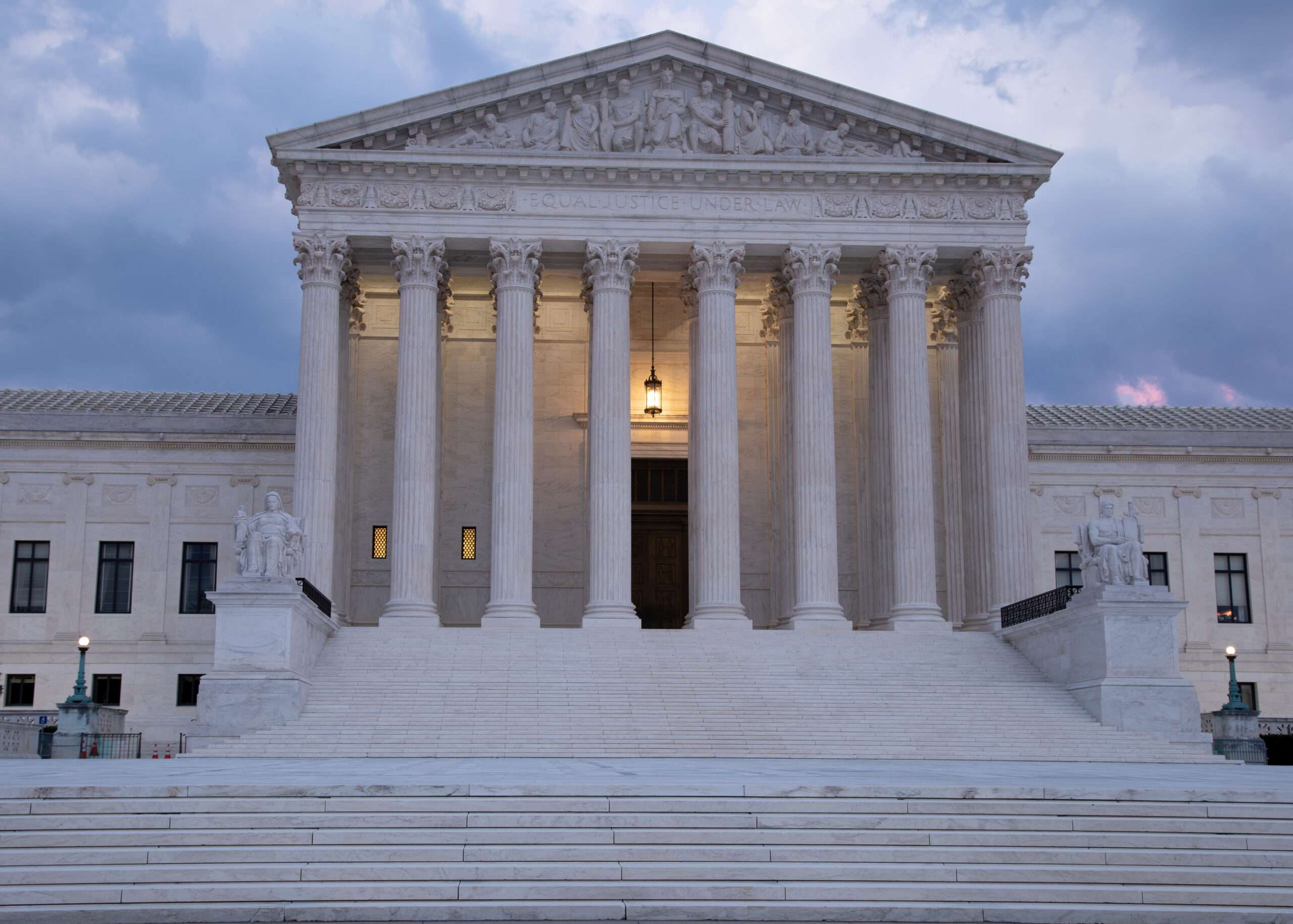In a significant ruling impacting how cities can address homelessness, the U.S. Supreme Court held today that enforcing a public camping ban against the “involuntarily” homeless in an Oregon city does not violate the Eighth Amendment’s prohibition on “cruel and unusual” punishment.
Justice Neal Gorsuch, writing for the majority in the case of City of Grants Pass v. Johnson, stated that the Cruel and Unusual Punishments Clause pertains to the type of punishment a government can impose post a criminal conviction, not whether a government can criminalize specific behavior initially.
Gorsuch reasoned that since the penalties for violating Grants Pass’ camping ban only included warnings, minor civil fines, and a maximum of 30 days in jail, they did not constitute “cruel and unusual” punishment.
The majority opinion was supported by the five other conservative justices, while the three liberal justices dissented.
Homeless advocates strongly criticized the ruling, asserting that it would allow cities to criminalize homelessness and detain individuals with nowhere else to go.
The Grants Pass case originated from a lawsuit filed by two homeless individuals against Grants Pass, Oregon, challenging the city’s enforcement of a local public camping ban. The plaintiffs argued that as the town lacked “available” shelter beds, enforcing the camping ban against individuals sleeping outside or in their vehicles effectively criminalized the “status” of homelessness in violation of the Eighth Amendment.
The plaintiffs relied on a previous ruling by the U.S. Court of Appeals for the 9th Circuit in the 2018 case of Martin v. Boise, which held that cities cannot enforce camping bans when shelter beds are unavailable.
A U.S. District Court in Oregon, following the Martin decision, halted Grants Pass’ enforcement of its camping ban. In 2022, the 9th Circuit upheld the district court’s injunction, leading Grants Pass to appeal to the U.S. Supreme Court. Earlier this year, the Supreme Court agreed to hear the case.
A bipartisan group of state and local officials and interest groups had long argued that the 9th Circuit’s Martin ruling restricted their ability to address homelessness effectively, leaving them powerless to maintain order in public spaces and assist the homeless in finding shelter.
Various stakeholders, including California Gov. Gavin Newsom and the free market Goldwater Institute, urged the Supreme Court to overturn the Martin decision.
Gorsuch’s opinion highlighted cities’ challenges in addressing homelessness due to the constraints imposed by the Martin limits on public camping bans enforcement.
Justice Sonya Sotomayor, dissenting along with two other liberal justices, argued that Grants Pass’ broad camping ban did constitute cruel and unusual punishment.
Sotomayor criticized the city for penalizing individuals for sleeping in public, including in their cars using minimal bedding, when no shelter was available. She deemed it unacceptable and unconstitutional.
Gorsuch’s majority opinion heavily referenced local government associations’ concerns about the rise in unsheltered homelessness linked to the Martin decision, which severely hindered their response to the crisis.
Sotomayor expressed reservations about Gorsuch’s reliance on these local government associations, stating that the majority prioritized the needs of local governments over the most vulnerable in society, forcing them into an impossible situation.






